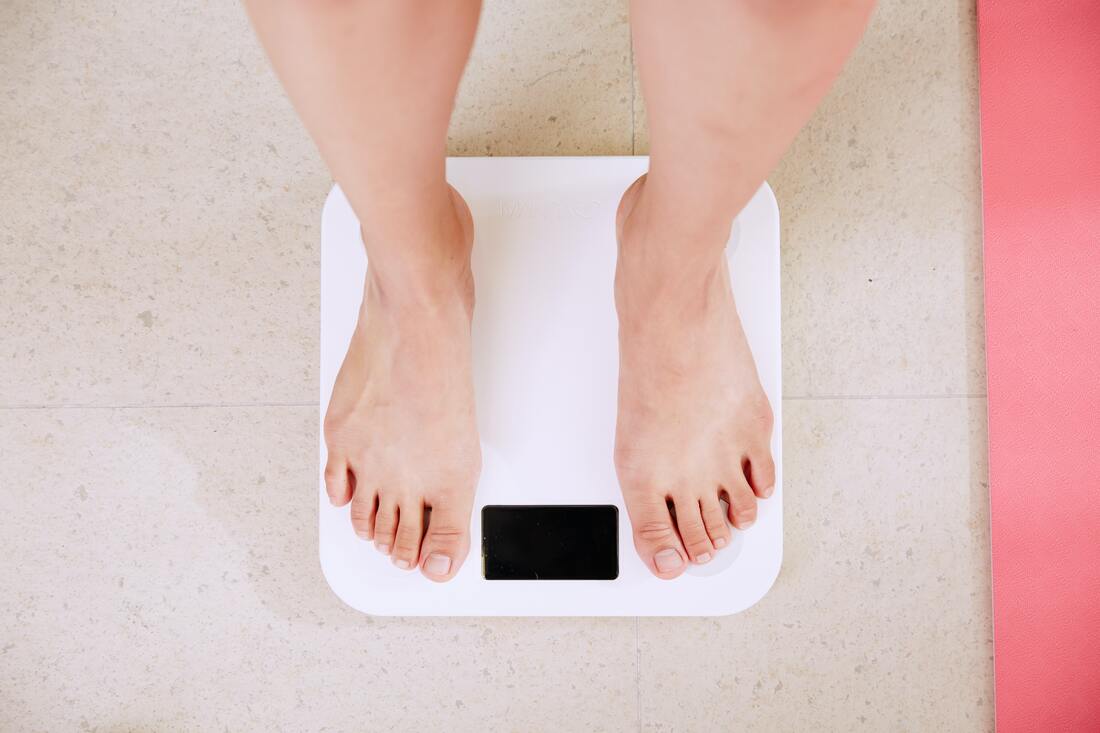|
Weight loss is a goal that many of us strive for, but it can be difficult to achieve. With countless filters creating fake beauty standards, more and more women feel obliged to meet the expectations they perceive on social media. The truth is that weight loss done for the right reasons, such as improving your health, and weight loss done under the pressure of achieving unrealistic beauty standards are two very different things. So, even before we begin the complex breakdown of the many factors that can affect the scale result, it is crucial to remind yourself of your actual reason for losing weight. This being said, if your goal is reasonably realistic and you are not seeing much result, chances are it could be for one of the following reasons. 1. Drinking Your CaloriesSoda has become a staple of the American pantry, with many people drinking multiple cans per day. On average, each 12-ounce can of soda contains 140 calories and 39 grams of sugar. While it’s easy to overlook those calories when drinking them, they can quickly add up. Cutting out soda is a simple way to reduce your calorie intake and jumpstart your weight loss. Many people have grown accustomed to the sweetness and taste of soda and experience intense cravings when they stop. To manage these cravings, it’s important to stay hydrated by drinking plenty of water throughout the day. Flavored water can help curb cravings for sugary drinks and help keep you feeling full. 2. Replacing Fat with MuscleWhen you are trying to lose weight, it is important to understand that not all weight loss is created equal. Building muscle can help you burn fat, but it can also increase your weight on the scale. This is because muscle weighs more than fat. That being said, building muscle can be beneficial for long-term weight loss, as it increases your body’s ability to burn fat and calories even when you’re not exercising. Therefore, if you find that you’re not losing weight despite your best efforts, it could be due to the fact that you are replacing fat with muscle. This is not necessarily a bad thing – it just means that your body is responding differently to the changes you’ve made in terms of diet and exercise. 3. PregnancyIt’s common for many women to experience weight gain during the first 12 weeks of pregnancy, even if they aren’t eating more or exercising less. There are several factors that can contribute to this early weight gain. For starters, during the early stages of pregnancy, your body will retain more fluid, which can increase body weight. Hormonal changes can also affect how much fat is stored in the body, causing an increase in weight. But this could happen even before you realize that you are pregnant. There are tell-tale indications such as these 14 signs that you might be pregnant if you are unsure. In doubt, however, we recommend taking a pregnancy test. It is important to note that early weight gain during pregnancy is a normal and healthy part of the process. However, if you are concerned about your weight, talk to your doctor. While there, you can ask about the safest foods and medications to take that’ll help keep your weight loss to a minimum. It’s important to know these things now, as ActionMatters.org says, as they can cause further issues down the line. 4. Not Drinking Enough Water If you are struggling to lose weight, one of the first places to look is at your water intake. Not drinking enough water can lead to water retention and water weight, which can stand in the way of your weight-loss efforts. When you don't drink enough water, your body starts to retain fluid as a way to protect itself from dehydration. This can lead to extra pounds on the scale and make it difficult to lose weight. This is especially true if you are also engaging in activities that make you sweat. Sweating causes your body to lose water, and without enough hydration, your body will attempt to retain as much fluid as possible. It is recommended that you drink between 8-10 glasses of water a day, depending on your size and activity levels. 5. Sleep DeprivationSleep deprivation is a major cause of weight gain, yet it often goes unnoticed. A lack of sleep can lead to an increase in the hormone ghrelin, which triggers hunger and cravings, as well as a decrease in the hormone leptin, which is responsible for telling your body it’s full. To ensure you get a good night's sleep, try to stick to a regular sleep schedule. Try to go to bed and wake up at the same time each day, even on weekends. Make an effort to limit caffeine late in the day and avoid screens for at least one hour before bedtime. Exercising regularly and not too close to bedtime can also help your body produce melatonin, the sleep hormone. Finally, consider investing in a good mattress and sheets. 6. StressStress is one of the biggest roadblocks to weight management and can lead to weight gain. While it is easy to blame a lack of exercise or an unhealthy diet for weight gain, it is important to recognize that stress can also play a huge role in managing weight. When a person experiences stress, their body produces cortisol, a hormone that stimulates hunger and encourages fat storage. This makes it harder for the body to burn fat, leading to weight gain. Therefore, it becomes crucial to focus on stress management as a priority to achieve your goal weight. 7. Cutting Too Many CaloriesWhen it comes to weight loss, it is important to understand that calorie deficit is key. Eating too few calories is counterproductive to your weight loss goals.
When cutting too many calories, your body goes into “starvation mode.” This means your metabolism slows down to conserve energy and burn fewer calories throughout the day. In addition, when you consume too few calories, your body begins to break down lean muscle mass in order to get the energy it needs. This leads to an even slower metabolism, making it even harder to lose weight. There is no denying that losing weight can be a long and complex journey. However, if you are struggling to see the results you wish, it is important to consider how other factors can affect your efforts. Additionally, weight management is a specialist matter; therefore, you may have a better chance by working with a doctor who can help create a healthy plan.
1 Comment
Johanna M
3/11/2023 11:30:33 am
I am guilty of drinking my calories, need to switch to water
Reply
Leave a Reply. |
Categories
All
Archives
May 2023
|






 RSS Feed
RSS Feed

